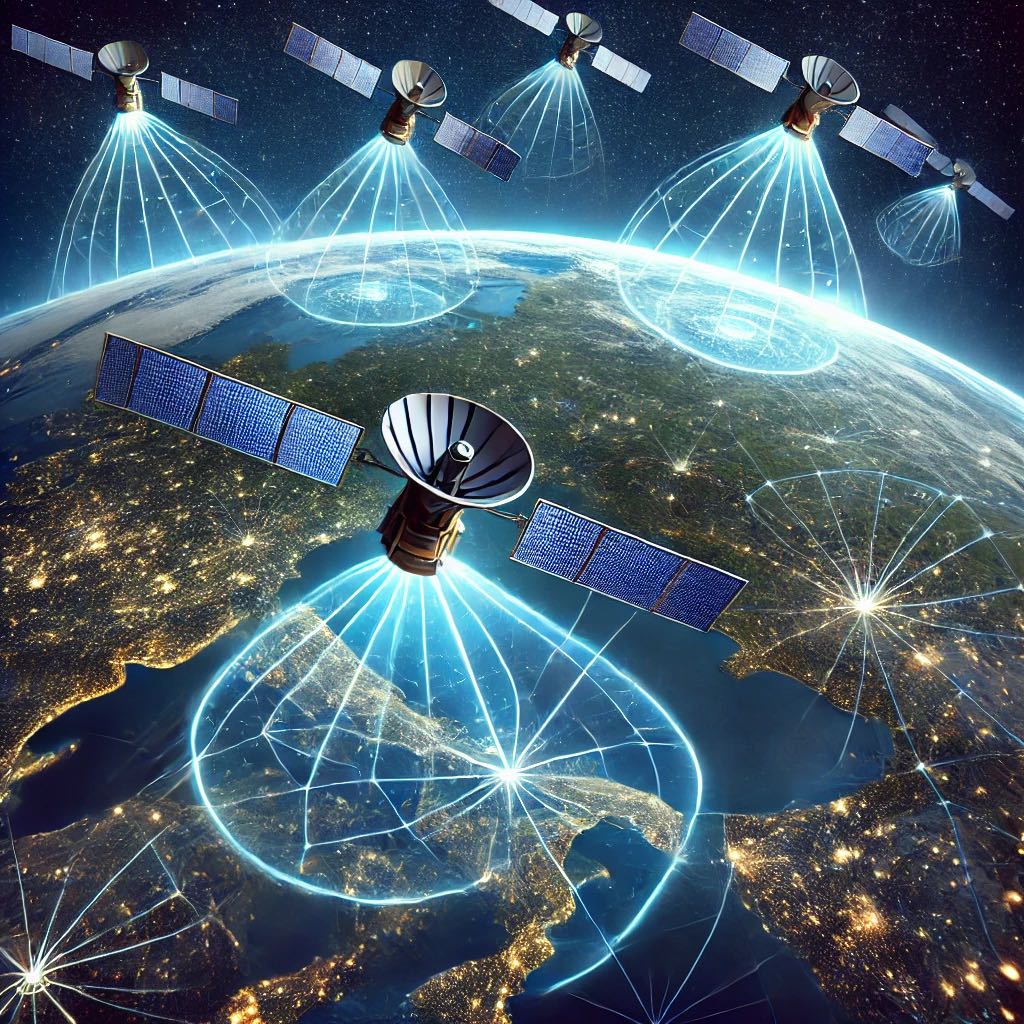The goal of this project is to explore more realistic, sustainable, robust, autonomous, and effective multi-objective decision-making approaches to balance space sustainability and space operations efficiency.
We need to make better use of outer space, as the number of worldwide orbiting satellites is predicted to increase by five times in 2030. The United Nations (UN) has recognised the need to ensure the long-term sustainability of space activities, and inefficient space operations are identified as a significant contributor to severe space traffic congestion, increased collision risk and high operational maintenance costs. One primary cause of the inefficiency lies in the large Earth observation (EO) constellation operations, including a vast number of satellites conducting EO missions and necessitate on-orbit servicing (OOS) for satellite lifetime extension and failure recover. Consequently, this complex operational situation inconveniences space science and applications, and calls for an intelligent decision support system to underpin efficient space operations. However, existing approaches are constrained to centralised offline planning for small constellations, and not scalable to large constellation operations.
Future large EO constellation operations rely on space engineering, artificial intelligence (AI) and operational research approaches, presenting a host of challenges to system modelling, constellation coverage analysis and decision-making methodologies. The goal of this project is to explore more realistic, sustainable, robust, autonomous, and effective multi-objective decision-making approaches to balance space sustainability and EO mission efficiency. Through accurate system modelling and integrating OOS into EO operations, the space operations will be realistic and sustainable. Real-world satellite data will be collected, and coverage analysis will be conducted to efficiently simulate scenarios involving different configurations of EO constellations and EO missions. Ultimately, the AI and operational research approaches will be combined to effectively address the scheduling complexity of space operations. The resulting decision support system will initially generate robust EO and OOS operation plans, assigning specific missions within designated time windows, at a centralised ground centre. Subsequently, it will autonomously update the operation plans based on the latest orbital information.
Representative Publications
-
Wang, X., Wu, G., Xing, L. and Pedrycz, W., 2020. Agile earth observation satellite scheduling over 20 years: Formulations, methods, and future directions. IEEE Systems Journal, 15(3), pp.3881-3892.
11-06-2020
-
Wu, G., Luo, Q., Du, X., Chen, Y., Suganthan, P.N. and Wang, X., 2022. Ensemble of metaheuristic and exact algorithm based on the divide-and-conquer framework for multisatellite observation scheduling. IEEE Transactions on Aerospace and Electronic Systems, 58(5), pp.4396-4408.
22-03-2022
-
Wang, X., Song, G., Leus, R. and Han, C., 2019. Robust earth observation satellite scheduling with uncertainty of cloud coverage. IEEE Transactions on Aerospace and Electronic Systems, 56(3), pp.2450-2461.
25-10-2019
-
Han, C., Gu, Y., Wu, G. and Wang, X., 2022. Simulated annealing-based heuristic for multiple agile satellites scheduling under cloud coverage uncertainty. IEEE Transactions on Systems, Man, and Cybernetics: Systems, 53(5), pp.2863-2874.
18-11-2022
